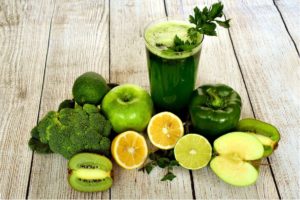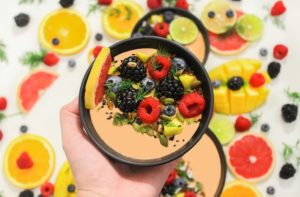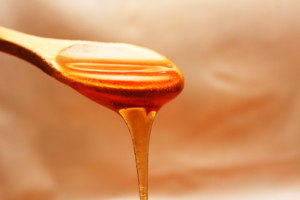As a parent, you want to provide your baby with the best possible nutrition. Most parents fearlessly give baby food pouches, mashed vegetables and fruit, and pureed meat to their babies. While many foods are perfectly safe and even beneficial for kids to eat, certain foods can be harmful and dangerous. Knowing which foods to avoid can help protect your baby and ensure it gets the nutrients it needs to grow and develop. What are they?
Honey
One of the most important foods to avoid giving to babies is honey. While honey is a natural sweetener with many health benefits for adults, it can be extremely dangerous for infants. Honey can contain spores of a bacterium called Clostridium botulinum, which can produce a toxin that can cause a rare but severe form of food poisoning called infant botulism. Babies under the age of one should not be given honey, even in cooked or baked goods.
Cow’s Milk
Cow’s milk is another food that should be avoided for babies under the age of one. While cow’s milk is a good source of calcium and other nutrients, it is not easily digestible for babies and can cause digestive issues such as constipation, gas, and bloating. Additionally, cow’s milk contains high levels of protein and minerals, which can be hard on a baby’s developing kidneys. Instead of cow’s milk, babies should be given breast milk or infant formula until they are at least one year old.
Nuts and Seeds
Nuts and seeds are also foods that should be avoided for babies under the age of one. While nuts and seeds are a good source of healthy fats and protein, they can be a choking hazard for young children who may not be able to chew them properly. Additionally, some nuts and seeds, such as peanuts, can cause allergic reactions in some children. If you have a family history of nut allergies, it’s crucial to avoid giving nuts and seeds to your baby.
Salt
Salt is another food that should be avoided for babies. While small amounts of salt are necessary for good health, too much salt can be harmful, especially for infants. Babies’ kidneys are not fully developed, which means they are not able to process excess salt as well as adults. Too much salt can cause dehydration, electrolyte imbalances, and other health problems. Instead of adding salt to your baby’s food, try using herbs and spices to flavor their meals.
Sugar
Sugar is another food that should be avoided for babies. While sugar is a natural part of many foods, too much sugar can be harmful, especially for young children. Eating too much sugar can lead to tooth decay, obesity, and other health problems. Additionally, giving babies sugary foods can create a taste for sweet foods, which can make it harder to introduce them to healthy foods later on. Instead of giving your baby sugary snacks and desserts, try offering them fruits and vegetables.
Raw or Undercooked Eggs
Raw or undercooked eggs are another taboo food for kids. Eggs are a good source of protein and other nutrients but can also contain bacteria such as Salmonella. Babies’ immune systems are not fully developed, making them more susceptible to foodborne illnesses. Make sure eggs are cooked thoroughly before giving them to your baby.
Processed and Semi-Cooked Foods
Processed foods are unhealthy in general. While processed foods are convenient and often marketed as healthy options, they can be high in salt, sugar, and other additives that can be harmful to young children. Additionally, they can contain preservatives and other chemicals that may not be safe for babies. Instead of relying on processed foods, try making your own baby food using fresh, whole ingredients or buying organic alternatives.
Conclusion
A baby’s nutrition must be rich and safe, but some products can hurt them by causing severe allergic reactions or digestive problems. Parents should exclude nuts, uncooked eggs, fast food, sugar, salt, and honey from a baby’s menu before it reaches the age of 12 months. The consumption of fast foods, sugar, and salt should be minimized even after to promise proper and safe nutrition for a baby.





